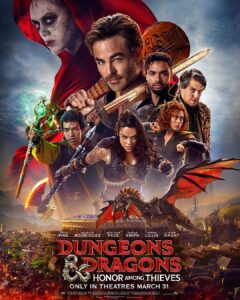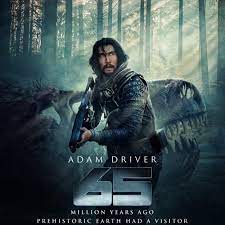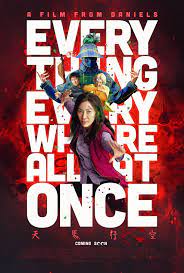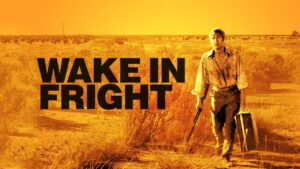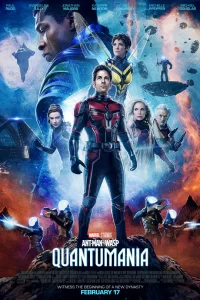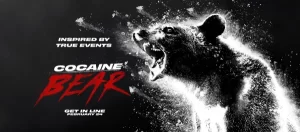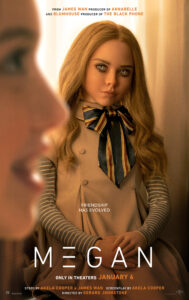.
This past Saturday the 25th I had the good fortune to see an advance screening of Dungeons & Dragons: Honor Among Thieves a big budget cinematic adaptation of the tabletop role playing game. As a gamer for more than 40 years I had a keen interest in the film and when a fellow writer popped up with invites to the screening I had to attend.
There have been other attempts to leverage the game into popular media. From 1983 through 1985 saw the production and airing of an animated series Dungeons & Dragons with the three season clearly target for a younger audience. 2000 saw the release of a live-action film Dungeons & Dragons that was poorly received by both critics and audiences. (Though successful enough for two direct to Home Video sequels.) This production, Honor Among Thieves is boasts the most resources and well-known names to adapt the property.
The film, like most sessions of the game, is an ensemble piece, though more focus is given to Edgin (Chris Pine) a man who through tragedy has turned to thievery and Holga, (Michelle Rodriguez) his dangerous barbarian partner in crime. They assemble a team, Simon (Justice
Smith) a Sorcerer with self-esteem issues, Doric (Sophie Lillis) a tiefling druid desperate to save her people and wilderness from encroaching ecological devastation, Xenk (Rege-Jean Page) a paladin with ties to Edgin past before Edgin fall from grace. What starts as a heist, with a few side adventures to gather the materials required, transforms into a battle against a vast and evil conspiracy with thousands of live and the future in the hands of the thieves.
Each character has an arc of character development and with the story compressed to a single film none are particularly deep or complex. Honor Among Thieves is not a contemplative examination of the human condition but romp, an exercise in fun with just enough character to allow the actors to invest, engage, and embrace their roles. No third act twist is truly shocking or surprising, but the film isn’t relying on that approach. It expects, with reasonableness, that characters and the actors portrayals with keep the audience emotionally invested and not some amazing reveal to recontextualize the story.
The filmmaking is solid, competent, but not groundbreaking or visually stunning. For the most part, with the except of one shoot, the directors, Jonathan Goldstein a & John Francis Daley, avoid drawing attention to the VFX with ‘impossible’ camera moves and Barry Peterson’s cinematography is perfectly serviceable with decent compositions but never remarkable.
Dungeons & Dragons: Honor Among Thieves is a ‘popcorn movie,’ one meant to provide a short diversion from the grind of reality and give some thrills, laughs, and a touch of real emotion. In the matter the film succeeds. It is fun and worth the hair over two hours spent watching it.
